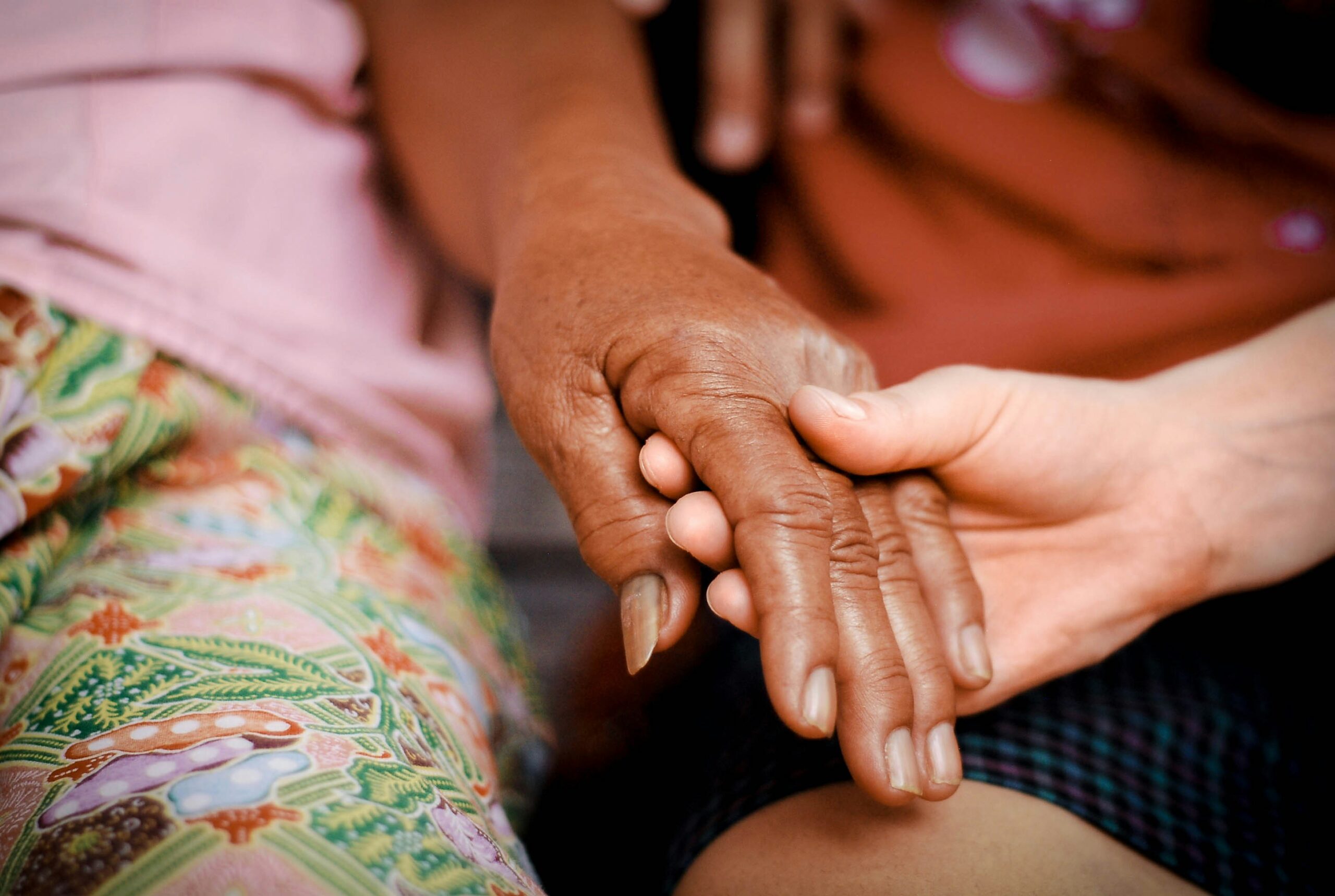My father and I had a close relationship when I was growing up. He was my protector and savior. I looked up to him for guidance and problem-solving until I became an adult. He watched me grow into an independent woman who no longer needed him in the same way. Over the years, as I became more successful and built a family of my own, something shifted. He began envying me. I often wondered why my father, who loved me dearly, wasn’t happy about my achievements. In the rush of life, I forgot the details of my childhood experiences with him. I believe I was unconsciously omitting what didn’t feel good and holding onto the idealized image I had created as a child.
Everything became painfully clear when I had to care for him after his cancer diagnosis. His anger surfaced more vividly, and his old demeanor showed his true face. He was dealing with immense physical pain and depression due to his prognosis, but none of this justified the way he was treating me.
The first time he yelled at me—because I had moved his glass of water from the counter to the sink—it triggered a flood of memories. His loud voice and negative comments hit me like a ton of bricks. As an adult, I suddenly felt like a five-year-old child again, unsure of how to deal with the emotional abuse.
I found myself grappling with an impossible question: How do I balance compassion with boundaries?
He was sick, after all. Should I walk away, knowing he needed care? Should I yell back and show him that I, too, could be as forceful as him? Or should I bring compassion into the space, ignoring my past experiences and the present unfair treatment?
Wrestling with Inner Conflict
My spiritual side was completely conflicted. I believed in treating myself with kindness and respect, yet here I was, enduring verbal abuse from someone I loved. This wasn’t the journey I had imagined for myself. Allowing even my father to mistreat me felt like a betrayal of my values. But how could I leave him when he needed me the most?
I lost countless nights of sleep over this. By day, I felt as though I was walking on thin ice, learning to avoid topics that might annoy him. I adjusted to his flow of questions and concerns, keeping conversations shallow to avoid conflict. He was in his world, and I often became his emotional punching bag.
Over time, I realized I needed to protect my well-being. I started reducing the hours I spent caring for him and allowed other family members and friends to step in. I made time for myself—treating myself to a massage or taking long walks in the park. I began journaling, reflecting on what went well each day, and releasing the negativity by attaching forgiveness to it. I reminded myself that one day, I would look back and cherish the small moments of quality time we shared, even amidst the challenges.
Lessons in Compassion and Boundaries
This chapter of my life taught me a profound lesson: compassion has its limits. It’s okay to say, “Not today, but maybe tomorrow.” Just because he was my father didn’t mean he had the right to mistreat me, especially when I was showing up for him wholeheartedly.
Finding Support
This type of situation is difficult and often embarrassing to share with friends or family. If your immediate circle cannot offer the support you need, consider joining in-person or online support groups. The last thing you want to do is store these emotions in your body, where they can act as poison. Let them out.
Above all, remember that taking care of yourself is not selfish—it’s necessary. Compassion starts with yourself. Only then can you offer it to others without losing your peace.
Namaste,
Shab











